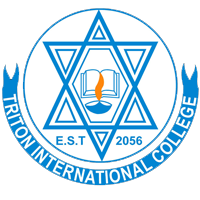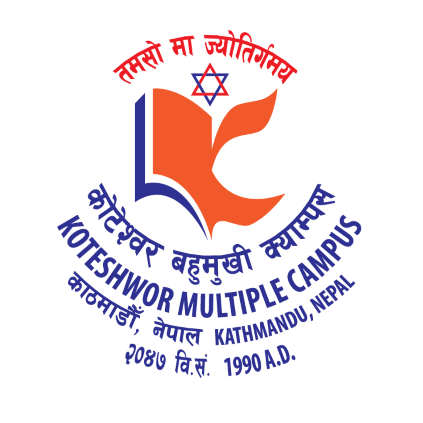Overview
Bachelor of Arts in Rural Development (BRD) at Thames International College, Kathmandu (affiliated with TU)
Bachelor of Arts in Rural Development (BRD) is a four-year undergraduate program that provides students with a comprehensive understanding of the issues and challenges facing rural areas in Nepal. The program covers a range of subjects, including agriculture, economics, sociology, community development, and environmental science.
Students will learn how to design and implement development projects that promote social and economic growth in rural communities.
Course Outlines:
The BRD program is divided into eight semesters. The curriculum includes a range of subjects, including:
-
Introduction to Rural Development
-
Rural Sociology and Anthropology
-
Agricultural Economics and Marketing
-
Gender and Development
-
Rural Environment and Natural Resource Management
-
Rural Development Planning and Project Management
-
Rural Development Communication and Extension
-
Rural Finance and Entrepreneurship
Objectives:
The main objective of the BRD program is to prepare students to become professionals in rural development. Upon completion of the program, students will be equipped with the knowledge and skills to:
-
Analyze and understand the complex issues facing rural communities in Nepal.
-
Design and implement development projects that promote sustainable growth in rural areas
-
Work effectively with local communities, government agencies, and non-governmental organizations to achieve development goals.
-
Promote social and economic equity in rural areas.
-
Apply innovative approaches and technologies to rural development challenges.
Eligibility:
Students who have completed their 10+2 or equivalent education with a minimum of second division from a recognized board or university can apply for the BRD program.
Learning Outcomes:
Upon completion of the BRD program, graduates will have developed the following competencies:
-
Analytical and critical thinking skills for understanding and addressing rural development issues
-
Ability to design and implement sustainable rural development projects
-
Effective communication and interpersonal skills for working with diverse rural communities
-
Knowledge of financial management and entrepreneurship for rural development
-
Understanding of the roles and functions of government agencies, non-governmental organizations, and other stakeholders in rural development
Scope:
The BRD program prepares graduates for careers in various settings, including government agencies, non-governmental organizations, community-based organizations, and private sector companies. Graduates can work as rural development project managers, consultants, community development workers, social entrepreneurs, and policy analysts.
Career Prospects:
The demand for professionals with expertise in rural development is increasing in Nepal, particularly with the government's emphasis on rural development initiatives. Graduates of the BRD program can pursue careers in various fields, such as:
-
Government agencies: Ministry of Agriculture and Livestock Development, Ministry of Federal Affairs and Local Development, Ministry of Forests and Environment, Ministry of Women, Children and Senior Citizen, etc.
-
Non-governmental organizations: Nepal Agriculture Research Council, Lutheran World Federation Nepal, CARE Nepal, ActionAid Nepal, etc.
-
Community-based organizations: Women's cooperatives, youth groups, community forestry groups, etc.
-
Private sector companies: Agro-industries, microfinance institutions, social enterprises, etc.
Career Options:
Some of the career options available to graduates of the BRD program include:
-
Rural Development Project Manager
-
Development Consultant
-
Community Development Worker
-
Social Entrepreneur
-
Policy Analyst
-
Researcher
Why Choose this Course:
The BRD program offers students an opportunity to impact the lives of rural communities in Nepal positively. The program provides a comprehensive understanding of rural areas' challenges and opportunities. It equips students with the skills and knowledge to design and implement sustainable development projects. Graduates of the program can pursue meaningful careers in rural development and contribute to Nepal's efforts to promote social and economic equity in rural areas.
Scholarship:
Thames International College offers scholarships to deserving students based on their academic achievements and financial need. Students can apply for scholarships during the admission process by submitting the required documents and filling out the scholarship application form.
Besides scholarships, Thames International College provides various opportunities for its students to enhance their skills and gain practical experience through internships, workshops, seminars, and other co-curricular activities. The college collaborates with different national and international organizations, providing internship and job opportunities for the students.
Overall, studying at Thames International College can provide students with a quality education and a range of opportunities to develop their skills and advance their careers. The college's affiliation with Tribhuvan University ensures that the courses and degrees are recognized and valued in Nepal and internationally.
Contact Thames International College's administrative office for detailed information on the Bachelor of Arts in Rural Development (BRD) course, including fees, scholarships, facilities, counseling, eligibility criteria, etc.



















